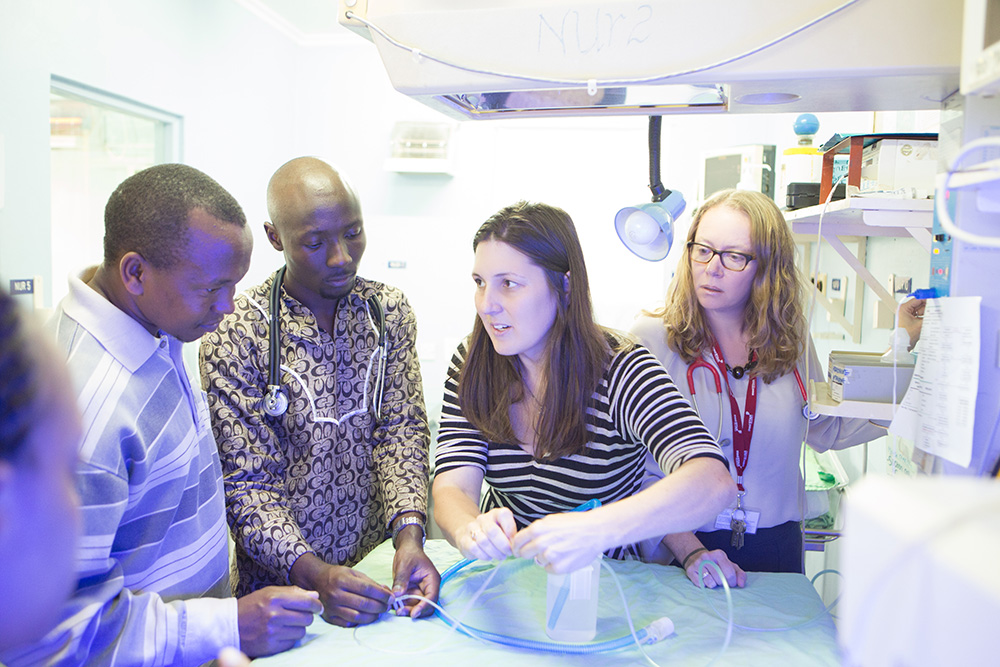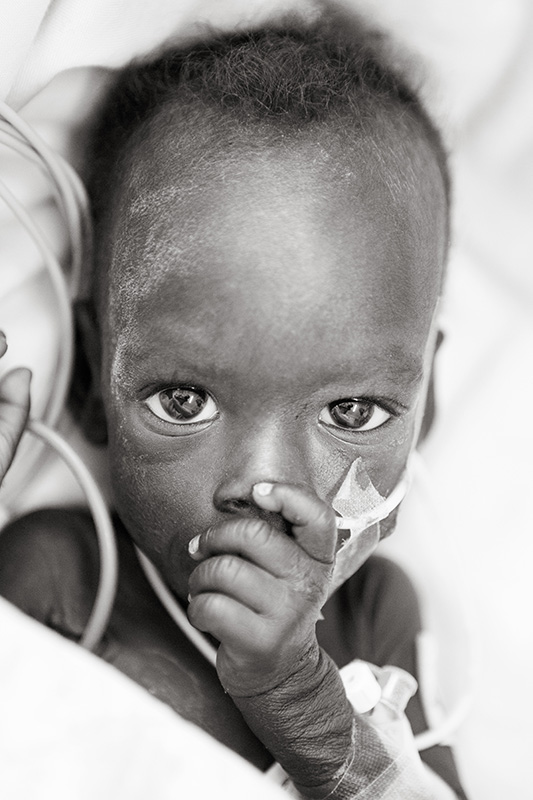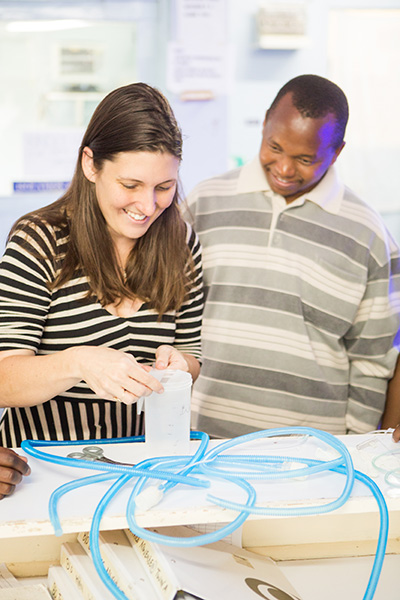
Justice
As I write this post, I continue to wrestle with purpose and calling over what my role is in Kijabe, but hopefully through a new lens.
In some sense my current role is an extension of what I have done for the last ten years – shooting and marketing and making blog posts and updating the website and answering emails and accounting. The immediate context and purpose are different, as most of my work is now on behalf of the hospital. Day to day, it looks much like life in Birmingham. Taking a wide view, I am working on something that I never really have before: justice.
I am familiar with justice in the legal sense – you get caught speeding and you get a ticket. I have a bad habit of rolling through stop signs, and I have experienced quite a bit of justice to this end. But there is a different justice – in some ways related and in some ways different from legal justice. You could call it social justice or think of it as it is conveyed in scripture as grace.
The essence of this view of justice is that God cares passionately about right and wrong, and wants us to care about what he cares about. The Bible is full of this – the leader or a lowly person does something horrible, and the Lord brings strong justice to punish the wrong.
A classic example is King David, who has an affair with Bathsheba, gets her pregnant, tries to convince her upright husband Uriah to go home and sleep with her so he will think the child is his. But he refuses to have joys his fellow soldiers cannot, so David sends him to the front of fierce fighting to be slaughtered and takes Bathsheba to be his wife. The prophet confronts David with the truth. Though he repents, as punishment, his child dies.
It is a classic story, but if we read it with fresh eyes, we should stop and marvel. God actually cares about the love life of a Hebrew King? He actually cares if one human mistreats another? It is astonishing that the creator is concerned with the affairs of His people.
So we seek to restore justice not just to ourselves, but to our neighbor, and as Jesus took it even farther – to his enemy. But, what does that look like, practically?
Arianna and her team care the children who have no advocate – for mamas who have nothing and are worth nothing in the eyes of the world. We believe these children are precious, that the Lord cares for them deeply, and that they should have every opportunity for life and health and happiness. So compassionate care for them is a form of ensuring justice, giving grace.
For me, fighting for justice resembles what I might have thought so little that I’m two years in and barely realize I am doing it.
Setting up a non-profit so that people in America can donate to the poor in Kenya.
Creating a contact page on the website so that we can quickly get information to those in need about how to receive care.
Sorting out the amount of money in our needy patient fund so we can allocate it.
Advocating for and providing for those who have no voice and no resources – these are seeking justice.
For my role, it looks nothing like Martin Luther King or Ghandi. It is so simple and mundane. But we have a God who delights to work miracles through the simple and mundane – mud in the eyes giving sight, bread and wine giving faith.
Two notes worth mentioning. First, Uriah was a Hittite, not an Israelite. The Hittites were one of many enemy nations around Israel, but had been subjugated and had a decent relationship at the time of David and Solomon. What this means is really significant – divine justice is not only for the chosen people. God is furious about the King of Israel mistreating a Gentile. He was clearly a trustworthy Gentile to be fighting on the side of King David, but nevertheless, he was a man born of another people group.
What this means for us is that we are not permitted to seek justice for only our own tribe or countrymen or religion. Yes, it is human nature to care about those like us. Yes, we should be shocked and outraged when injustice happens to Christians around the world. But I am convinced that if we want to look anything at all like Jesus, we must love not only our friends but our enemies.
Second, a big part of achieving justice happens within a system. The mandate of Christ is to care for the the least of these. And the express mandate from the African inland Church leadership is that Kijabe Hospital must look after the poor.
So by helping a system succeed that by design seeks out justice, we are effecting justice.
Americans tend to value individualism, which is particularly evident in the church. Most evangelicals I have met believe in individual salvation – that faith is a private matter within each individual person. That if you – alone and independently of others – believe and are baptized, you will be saved. We downplay the effect that a system has on this result – but if I was not raised in a place with churches among a family that values Christianity, I would likely not become a believer. Without a nation tolerant of religion or coming in contact with people who have scripture and hymns and theology, I would not have the experience that I associate with Christianity. Would I be who I am today without Billy and Ian and Charley and Pastors Armbrust and McLain? What I believe is the product of a large number of people speaking truth into my life over a long, long period of time. Yes I could individually accept or reject the faith before me – but I can take no credit for finding it on my own.
And when we discount the significance of a system and elevate the individual, we find justice is virtually impossible. What can I, one person do to fight poverty, infant mortality, human trafficking, whatever the injustice is?
But an individual within a system – that can be very powerful.
Today we had a doctor visit, Solomon, who had completed his Medical Officer internship at Kijabe around the time we arrived. Arianna and Mardi gathered some easy supplies and created a bubble cpap – a simple machine that can save the life of a preemie. They taught Solomon how to build his own from tubing and soda bottles, and he will be able to go back to his rural hospital and give the bitty babies there a fighting chance for life.
Solomon worked within the Kijabe system, saw the effects and impact, and when the opportunity arose, he chose to make a difference within his new system. His system will effect justice and hopefully together with ours and the many others that are working together for good.
“But let justice roll on like a river, righteousness like a never-failing stream!” (Amos 5:24 NIV). I imagine one drop, pushing against another drop, pushing against another drop, pushing against another drop. Hundreds, thousands, millions, pushing together and against, but rushing in the same direction. Toward hope and healing and restoration. . .and the world being a bit closer to how it was meant to be.
“As each of us moves ever more steadily toward the darkness of injustice by the light of Jesus Christ, we will discover there is far more that is broken than any of us could ever piece back together, and that there is far more beauty in the healing that God will bring than we could ever ask or imagine.” Kristin Johnson
2 thoughts on “Justice”
Comments are closed.


Not so mundane and most certainly not so simple.
The ordinary and the extraordinary juxtaposed.
So like God.
[…] Justice […]